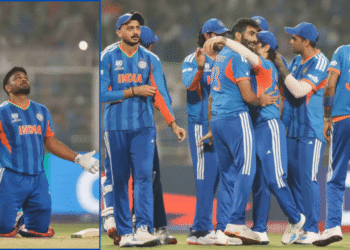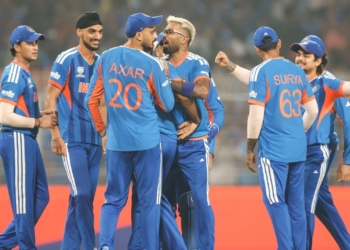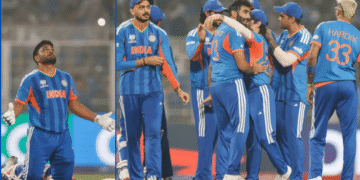In a significant move towards strengthening emergency healthcare systems, Union Health Minister Shri J P Nadda chaired a high-level meeting to assess and enhance medical preparedness across the country.
The meeting focused on swift response mechanisms, mobilisation of medical supplies, and coordinated efforts among hospitals and emergency units.
Senior officials briefed the minister on key initiatives, including the deployment of ambulances, hospital readiness, and the implementation of advanced mobile trauma care units such as BHISHM Cubes. Central government hospitals, including AIIMS New Delhi, have mobilised medical teams and essential supplies for immediate deployment in case of emergencies.
Nationwide mock drills were conducted at premier medical institutions such as AIIMS, PGIMER, and JIPMER to test and improve disaster preparedness. In addition, new training modules for CPR, first aid, and basic life support have been introduced in collaboration with the Indian Red Cross Society and other healthcare training institutes.
The Health Ministry has reinforced the need for a collaborative response network, urging medical institutions to coordinate with state administrations, private hospitals, charitable organisations, and regional associations to enhance efficiency. Shri J P Nadda directed that emergency response systems remain fully functional at all times and ordered the establishment of a 24×7 control and command centre to monitor ongoing efforts and provide real-time support to states.
The Union Health Ministry remains committed to ensuring uninterrupted healthcare services and emergency response capabilities, reinforcing India’s preparedness for any unforeseen medical crisis.





























